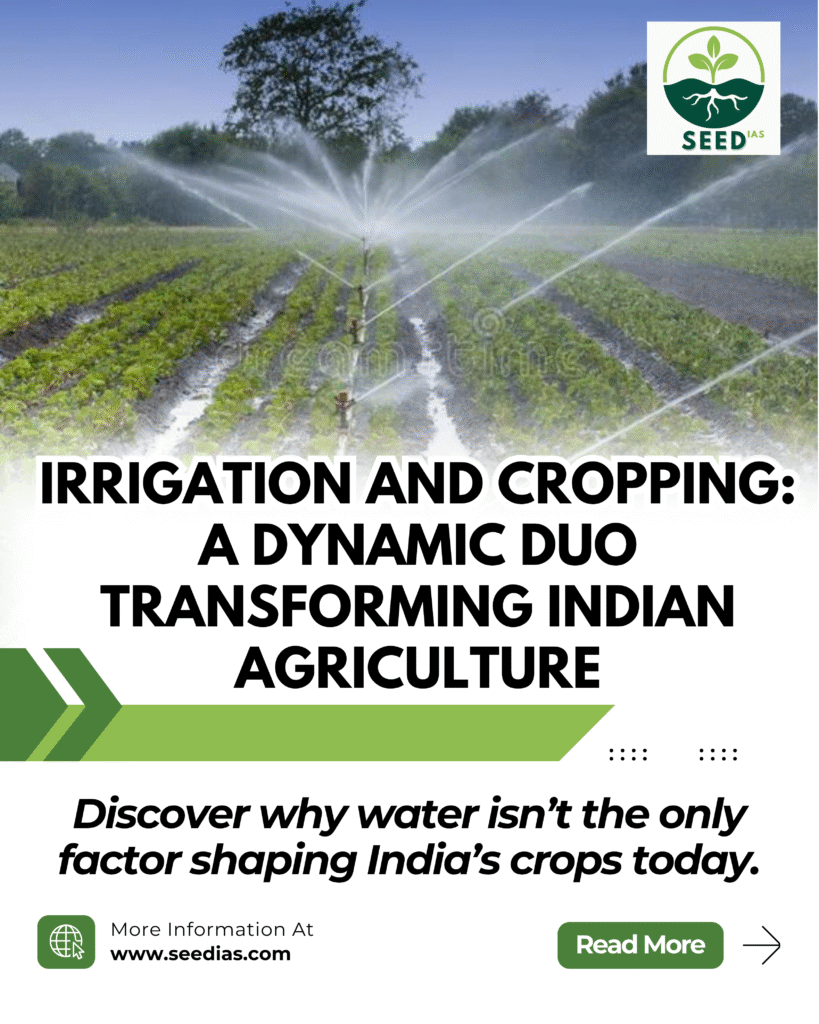Why in NEWS?
India is planning to bring online real money gaming (RMG) under the Prevention of Money Laundering Act, 2002 (PMLA) to ensure financial integrity and user protection.
What is Online Real Money Gaming (RMG)?
| Concept | Explanation |
|---|---|
| RMG Platforms | Apps where users stake real money for winnings (e.g., poker, fantasy leagues, rummy) |
| India’s Gaming Surge | India had 568 million gamers in 2023, with USD 2.2 billion market size, expected to reach USD 8.6 billion by 2028 |
| Why the Boom? | Cheap data, smartphones, rise in digital payments, youth unemployment, celebrity promotions, IPL craze |
| Digital Vulnerability | Only 38% Indian households are digitally literate—making youth easy targets |
How is Online Gaming Regulated in India?
| Domain | Details |
|---|---|
| Legal Framework | States handle betting under State List, but national laws like Public Gambling Act, 1867 and Prize Competitions Act, 1955 exist |
| IT Rules 2023 | Defined terms like RMG, intermediaries, permissible games, and promoted self-regulation |
| Taxation | 28% GST on RMG firms; 30% income tax on winnings over ₹10,000 |
| Foreign Investment Ban | No FDI or tech partnerships allowed in gambling/betting sectors |
How Does Money Laundering Happen via Gaming?
| Stage | What Happens |
|---|---|
| Placement | Illicit cash converted into virtual credits or deposits |
| Layering | Complex transfers and transactions to hide origins |
| Integration | Withdrawn as legitimate winnings via crypto or cross-border channels |
Why Bring RMG Under PMLA?
| Reason | Explanation |
|---|---|
| Legal Loopholes | Outdated laws + state-level fragmentation = easy exploitation by offshore firms |
| Major Frauds | Mahadev app (₹6,000 crore) and Fiewin (₹400 crore) scams expose the scale of misuse |
| National Security | RMG platforms may be misused for terror financing due to their anonymous nature |
| Cyber Threats | Risk of malware, bank frauds, and data theft via unsafe gaming platforms |
| Regulatory Strengthening | PMLA expansion can empower FIU-India to track and penalize violators effectively |
What Makes Enforcement So Challenging?
| Challenge | Description |
|---|---|
| Mule Accounts | Fake accounts and wallets obscure transaction sources |
| Untraceable Purchases | In-game assets exchanged like cash with no proper trace |
| Cross-Border Issues | Foreign registration, changing domains, and loose treaties hinder law enforcement |
| Intent is Hard to Prove | Real gamers vs. money launderers—it’s a grey zone |
| Weak Penalties | Firms often treat fines as operational costs, not deterrents |
How Can India Strike a Balance?
| Strategy | Explanation |
|---|---|
| Tiered KYC | Light checks initially, full verification as transaction volume increases |
| Tiered Regulation | Casual vs. competitive vs. real-money games should have differentiated rules |
| Algorithm Audits | Ban addictive game features; mandate transparent algorithms |
| Smart Policing | Focus on high-risk operators, not blanket bans |
| User Safety | Laws to protect users from cyber fraud, data theft, and underage abuse |
| Diplomatic Pressure | Sign extradition treaties with countries hosting rogue gaming platforms |
| Ethical Endorsements | Celebrities must promote only certified platforms with a code of ethics |
In a nutshell
Mnemonic: “P.L.A.Y. C.L.E.A.N.”
PMLA coverage
Legal loophole plug
Anti-terror safeguard
Youth protection
Cybersecurity boost
Legit firms supported
Enforcement synergy
AI-powered monitoring
National integrity upheld
Prelims Questions
- Which of the following is taxed at 30% under the Income Tax Act, 1961?
A. Agricultural income
B. Winnings from RMG above ₹10,000
C. Salary from foreign services
D. Rental income - Under which law are online games of skill exempt from penalties in India?
A. Information Technology Act, 2000
B. Gambling (Prohibition) Act, 1995
C. Public Gambling Act, 1867
D. Prevention of Money Laundering Act, 2002 - What does the ‘Layering’ stage in money laundering refer to?
A. Conversion of assets into crypto
B. Obscuring the origin through multiple transfers
C. Withdrawal of cash
D. Placing cash into gaming platforms
Mains Questions
- Examine the need for bringing online real money gaming under the ambit of the PMLA, 2002. (GS-3: Internal Security, 2023 inspired)
- How can India balance innovation and regulation in its online gaming industry? Discuss with reference to global best practices. (GS-2: Governance)
Prelims Answers with Explanation
| Qn | Ans | Explanation |
|---|---|---|
| 1 | B | RMG winnings above ₹10,000 are taxed at flat 30% under IT Act |
| 2 | C | The Public Gambling Act, 1867 exempts skill-based games |
| 3 | B | ‘Layering’ is the stage where launderers obscure the source of money via complex transfers |







